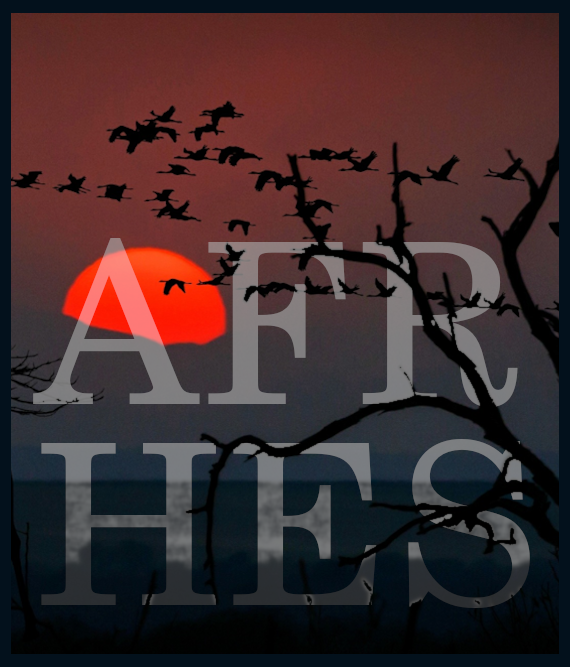AFRHES
AFRHES
 Currently our AFRHES seminars are arranged sporadically and we update the schedule accordingly.
Currently our AFRHES seminars are arranged sporadically and we update the schedule accordingly.
The wide diversity of landscapes, peoples and ecological relationships on the African continent allows for new thinking in and around the methodologies and concepts of historical ecology. This knowledge is becoming all the more important with increasing competition of land and resource due to green investment, smart agriculture, carbon off-set and conservation. The Africa Historical Ecology Seminars (AFRHES) showcase case studies of historical ecologies all unified by their ambition to tie past with present day knowledge, contestations and debates around environmental management, resilience and vulnerability and societal sustainability. We join together in this open seminar to discuss, based on these case studies, how can we build an inclusive methodology that is capable of incorporating local historical knowledge and local systems of knowledge? How can knowledge of the past inform the present on what scales, and how can we translate the academic knowledge for policy and local stakeholders.
Upcoming seminars
No upcoming seminars at this time.
Previous seminars
5 September, 2022, Professor Innocent Pikirayi The Ecology of Water, Great Zimbabwe 16-18 (Stockholm time)
Recent research at Great Zimbabwe interpreted the earthen scars or depressions located on the precincts of the monumental complexes, referred to in the archaeological record as ‘dhaka’ pits, as water storage facilities. We extend our research from these pits to examine the broader landscape context of Great Zimbabwe to understand the site’s catchment area, which, though limited in extent, its hilly terrain allows for very rapid runoff. This necessitated that water for consumption at Great Zimbabwe be harvested and stored. Great Zimbabwe’s granite geology is part of the crystalline rocks characterising much of the Zimbabwe craton, and such geological contexts serve as aquifers that also stored water the ancient residents used. Geological research during the past two or so decades on the potential composite or weathered-fractured rock aquifers developing within the weathered overburden calls for deeper understandings of granite hydrogeologic properties in the context of water conservation. In this seminar, we demonstrate this knowledge was known at Great Zimbabwe and used to sustain its residents.
Innocent Pikirayi (Ph.D. 1993, Uppsala) is professor in archaeology at the University of Pretoria. His research interests include geoarchaeology, development of ancient complex societies, water and social formation, and climate change. He is also a member of the IHOPE Scientific Steering Committee.
5th of May Africa World Heritage Day round Table discussion 16-18 (Stockholm time).
Speakers: Webber Ndoro, Director general of ICCROM; Solange Macamo, Eduardo Mondlane University, Mozambique; Ndukuyakhe Ndlovu, Pretoria University, Mapungbwe National Park, South Africa; Ibrahima Thiaw, IFAN-Université Cheikh Anta Diop, Senegal; Phillip Segadika, National Heritage Authority, Botswana
Heritage is an essential part of identities and values and contributes towards the appreciation of the diversity of cultures and traditions on the African continent. Heritage is important also for understanding landscape histories and for insight into sustainability solutions and alternate economies. Most countries on the African continent have strict laws on cultural heritage protection but low compliance. Rapid development, rising sea levels and the effects of extreme climatic events are a threat to heritage. Meanwhile, new initiatives for climate mitigation, conservation and green economies rarely consider the cultural or biocultural heritage, or the capacity of local communities in safeguarding heritage. In a celebration of Africa World Heritage Day, we discuss the achievements and challenges of African heritage and its possible future. What are the main challenges as recognised by practitioners and how do we envision heritage management in the 21st century.
Register and get the passcode by sending an email to contact@ihopenet.org
The seminar series will be held the 1st Monday every 2nd month (months with uneven numbers) 16-18 Stockholm time (coming seminars will be listed soon) and is sponsored by IHOPE (ihopenet.org) and organized by a planning committee of scholars in a collaboration between IHOPE, Pretoria University, Eduardo Mondlane University, Uppsala University and Cambridge University.